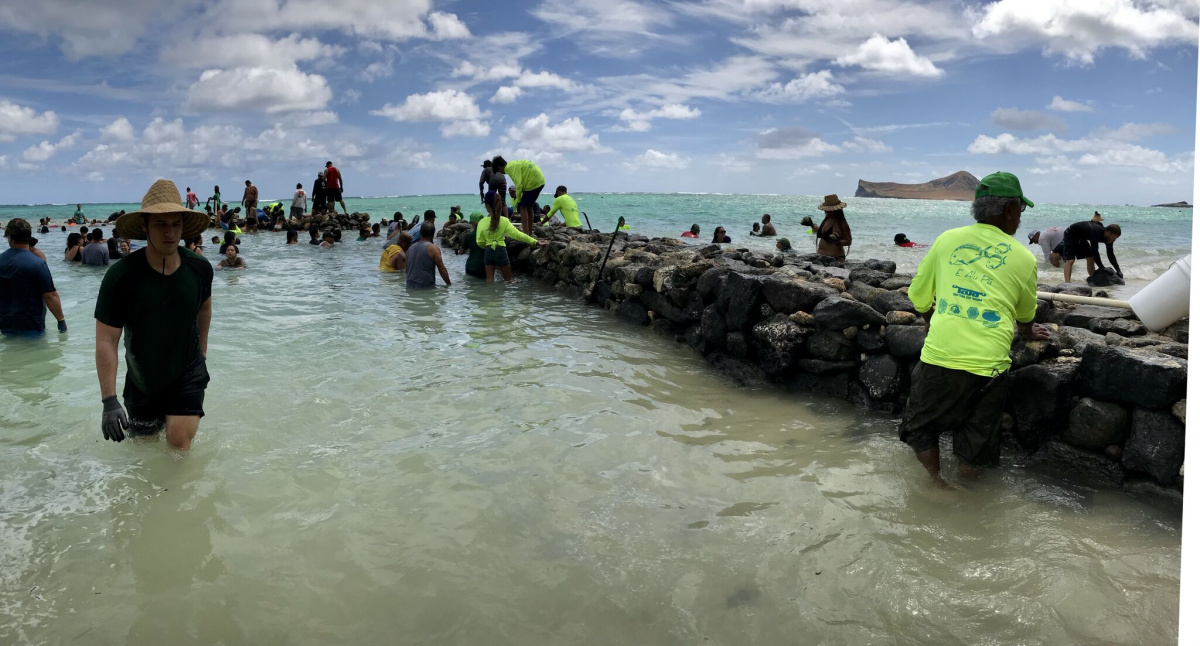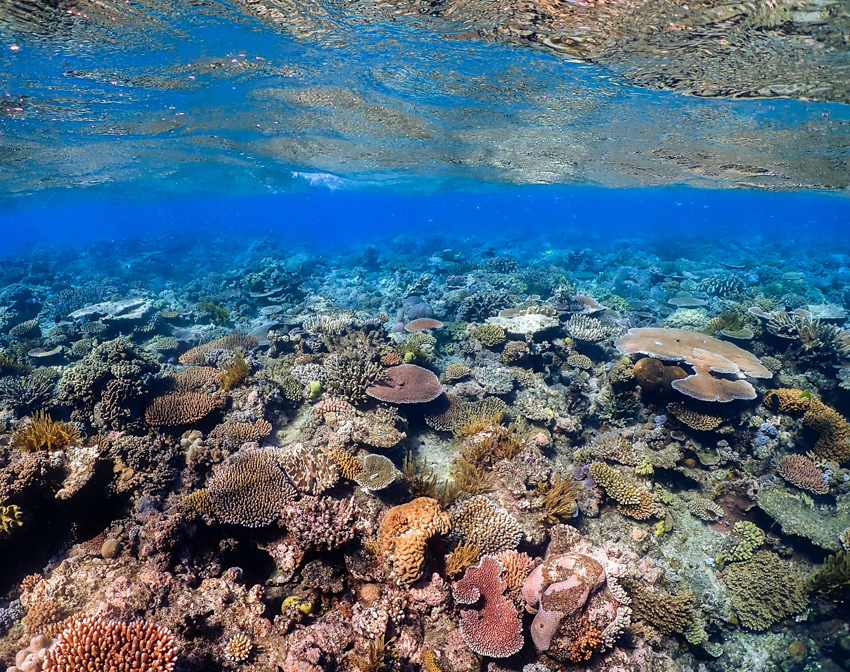IUCN collaborates on authoritative policy-science platform
Background: From 3 - 7 October 2011, International Union for Conservation of Nature (IUCN) is participating in the First Plenary Session to build the Intergovernmental Platform on Biodiversity and Ecosystem Services (IPBES) in Nairobi, Kenya.

Photo:
IUCN has contributed to the negotiation process for the establishment of IPBES since 2008, and its extensive experience with science, knowledge and policy tools, as well as its nature as a multi-stakeholder platform, put IUCN at the heart of the civil society involvement in the IPBES development.
“IPBES encompasses relations between scientists and other actors in the policy process, and allows for exchanges and co-evolution, while also aiming to enrich decision-making at different scales,” says Cyrie Sendashonga, Head of the IUCN Delegation to the First Plenary Session to build IPBES and Director of Programme and Policy Group/Head of Global Policy Unit. “IUCN is ready, willing and able to support the work and governance of IPBES by mobilizing the involvement of the scientists, conservation organizations, businesses and other actors of civil society, in addition to governments.”
IPBES is expected to be fully established at the end of two plenary sessions. Currently taking place now, the first session will close 7 October 2011. Based on the work achieved at the first session, the second session, to be held in early 2012, will determine the design and detailed work programme of IPBES.
Key issues of the First Plenary Session include:
• Establishment of IPBES IUCN strongly supports the operationalized establishment of IPBES in 2012 as a global mechanism to further strengthen the science-policy interface on biodiversity, ecosystem services and human well-being.
• Which room for civil society in the house of IPBES? On the second day of the First Plenary Meeting, delegates addressed the design of IPBES. IUCN supported the proposal to consider the role and full participation of non-governmental stakeholders in the platform as major knowledge providers and central users of the products IPBES is to provide.
• Non-governmental actors united for a role in IPBES IUCN has advocated for a common role for both scientific and civil society organizations, both as providers and end users of knowledge. During the opening of the First Plenary Session, these organizations stressed that their engagement is crucial for the relevance, impact and legitimacy of the platform.
Spokespeople:
Cyrie Sendashonga, Head of the IUCN Delegation to the First Plenary Session to build IPBES and Director of Programme and Policy Group/Head of Global Policy Unit, t: +41 79 410 49 01 cyriaque.sendashonga@iucn.org
Material for the Media:
https://www.iucn.org/about/work/programmes/ecosystem_management/ipbes/1st_session_plenary.cfm
For more information contact:
Anete Berzina, IUCN Communications Specialist,
t: +32 2 739 1001, m: +32 476 055 314, anete.berzina@iucn.org
Maggie Roth, IUCN Media Relations,
m: +1 202 262 5313, maggie.roth@iucn.org
About IUCN
IUCN, International Union for Conservation of Nature, helps the world find pragmatic solutions to our most pressing environment and development challenges. IUCN works on biodiversity, climate change, energy, human livelihoods and greening the world economy by supporting scientific research, managing field projects all over the world, and bringing governments, NGOs, the UN and companies together to develop policy, laws and best practice. IUCN is the world’s oldest and largest global environmental organization, with more than 1,000 government and NGO members and almost 11,000 volunteer experts in some 160 countries. IUCN’s work is supported by over 1,000 staff in 60 offices and hundreds of partners in public, NGO and private sectors around the world.



